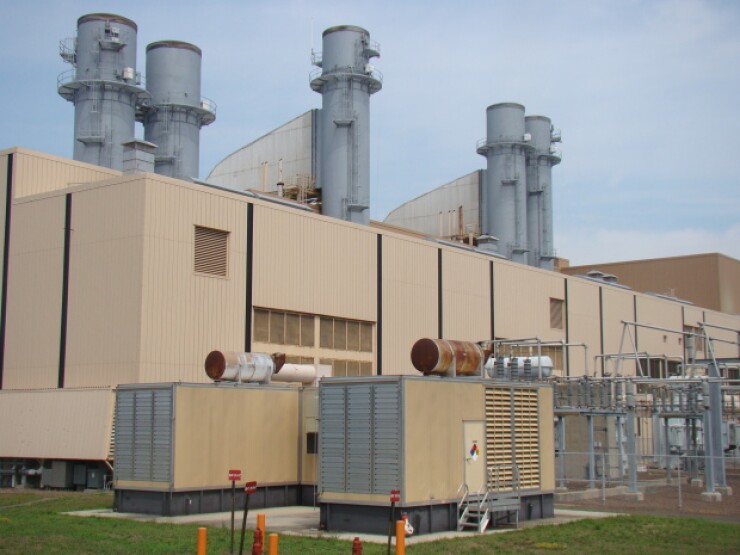A bevy of city, state and public finance advocates is urging the U.S. Supreme Court to take up a case challenging the subjection of
The
"It's frustrating that this has to go through the courts," said John Godfrey, senior director of government relations for the American Public Power Association, which is filing its own amicus brief in the case. "I think we have a strong legal case and the bottom line is, if we prevail in court, all the money stays in the communities and it's the communities where the bonds were issued that will benefit."

The case stems from a three-year-old lawsuit brought against the United States by six Midwestern public power agencies, led by the Indiana Municipal Power Agency. The agencies, which together had floated $4 billion in direct-pay Build America Bonds before 2011, argued that the federal government's reductions of the 35% direct-pay subsidies — under Office of Management and Budget's sequestration calculations — violated the American Recovery and Reinvestment Act and represented a breach of contract. The group was seeking the full 35% subsidy on interest payments from 2013 through 2030.
The Court of Federal Claims sided with the U.S. when it ruled that no statutory claim existed because sequestration applied to the payments and that ARRA did not create a contract.
The agencies appealed to the U.S. Court of Appeals for the Federal Circuit, which on Feb. 17 ruled that the BABs subsidies are subject to federal budget sequestration, and that the public power agencies are not eligible for refunds.
The power agencies on July 13 filed a
For the issuer groups, the stakes are both constitutional and financial, according to its amicus brief.
"The import of this case extends far beyond the group of public power providers that have sued," the brief says. "If this court permits the Federal Circuit's reasoning to stand, it will have adverse long-term implications for state and local governance in the United States."
Allowing a federal agency like the Internal Revenue Service to interpret generic statutory language "raises constitutional alarm bells," the issuers argue.
The decision will undermine federal policies and programs that the federal government relies on locals to implement, the issuers said.
"This case is of acute concern not only to the thousands of state and local governmental entities that issued Build America Bonds but to the 40,000 state and local governments in the United States cooperating with the federal government to implement critical programs and deliver essential services."
The GFOA's federal liaison Emily Brock notes that SCOTUS opts to review only a small number of the volume of requests it receives.
"That said, GFOA and our fellow Amici have a good feeling about this one due to the variety and expanse of interest here," Brock said. "Although preemption has been on the docket quite a bit in the last several years, it's been a while since it's been in the muni context, so fingers crossed."





